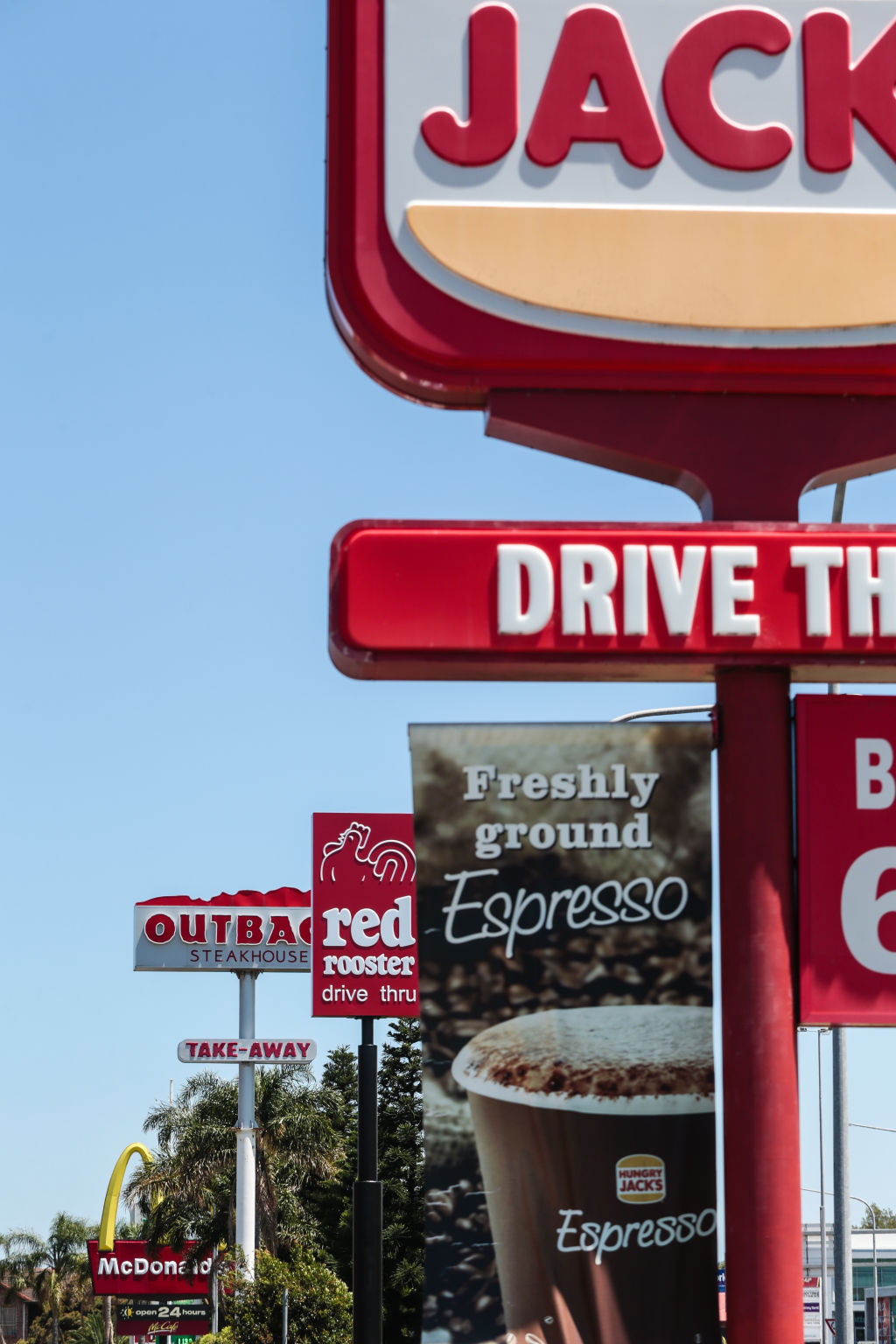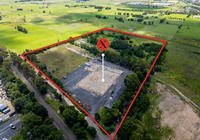
Landlords fried as food chains cut rent
Small commercial landlords, often retirees dependent on rent for their income, have been hit hard by pre-emptive moves from powerful fast-food chains including Red Rooster and Hungry Jack’s, to cut or defer rent in response to the coronavirus economic crunch.
Letters issued to individual landlords this week, obtained by The Australian Financial Review, reveal the new rent arrangements set out by Red Rooster and Hungry Jack’s.
A letter issued by Craveable Brands, which is owned by private equity player PAG Asia Capital and runs the Red Rooster, Oporto and Chicken Treat chains, advised a Melbourne landlord it would pay 50 per cent of the rent and outgoings for the month of April within three days of receiving signed consent.
Craveable told its landlord at the Red Rooster at Ascot Vale it would reassess the impact of COVID-19 on its business and advise before May if it needed more assistance.
The Red Rooster outlet provides retirees Richard and Bianca Kubicki an income, generating around $13,000 in monthly rent. But big bills are about to hit the couple including land tax of $20,000 in May, and mortgage interest of $23,000 in June.
“I thought the Prime Minister said we were all in this together and we should sit down and talk to each other. That letter is not talking. There is already a monumental imbalance between Red Rooster and two retirees,” Mr Kubicki said.
“To receive a letter that dictates and says ‘we’re not going to pay you anything until three days after you sign on the dotted line’. That’s an ultimatum. It’s certainly not in the spirit of sitting down and talking.”
With a property worth more than $1 million the Kubickis are not eligible for land tax deferral. Their bank, meanwhile, has said it would defer their mortgage interest payments but would then add interest on top of interest.
The federal government is expected to outline on Friday a rent relief package which combines part deferrals and part waivers for commercial tenants.
Mr Kubicki said the couple were prepared to pass on whatever deferred charges they were offered as landlords to their tenant.
Small franchises
“But Red Rooster are not talking about deferring,” he said. “That puts us in an impossible situation. I’ve got $40,000 of expenses coming up in the next couple of months and no rent.”
Craveable said its restaurants were small franchisees whose revenue was reduced substantially but it was open to discussing options with all its landlords.
“Considering all factors, our proposal ensured the landlord received payment for half of the rent due for the month of April, despite our restaurant operator not yet knowing if further operating restrictions will be implemented by government and impacts on income,” a spokeswoman said.
“Our recent solution contained in our letter to landlords follows the government advice and is a significantly better outcome for landlords than that implemented by other high-profile retail tenants.”
Burger chain Hungry Jack’s has also issued letters telling landlords it would defer rent for three months after its sales were hit by the pandemic.
Land tax deferment would do little to offset the deferred rent from his tenant, according to one Hungry Jack’s landlord who said the lost revenue would significantly impact his business and personal affairs.
Last week founder Jack Cowin, who operates 440 Hungry Jack’s stores with 20,000 staff across Australia, committed to honouring its obligations over the longer term.
“We will pay the rent – just not now,” he said.











